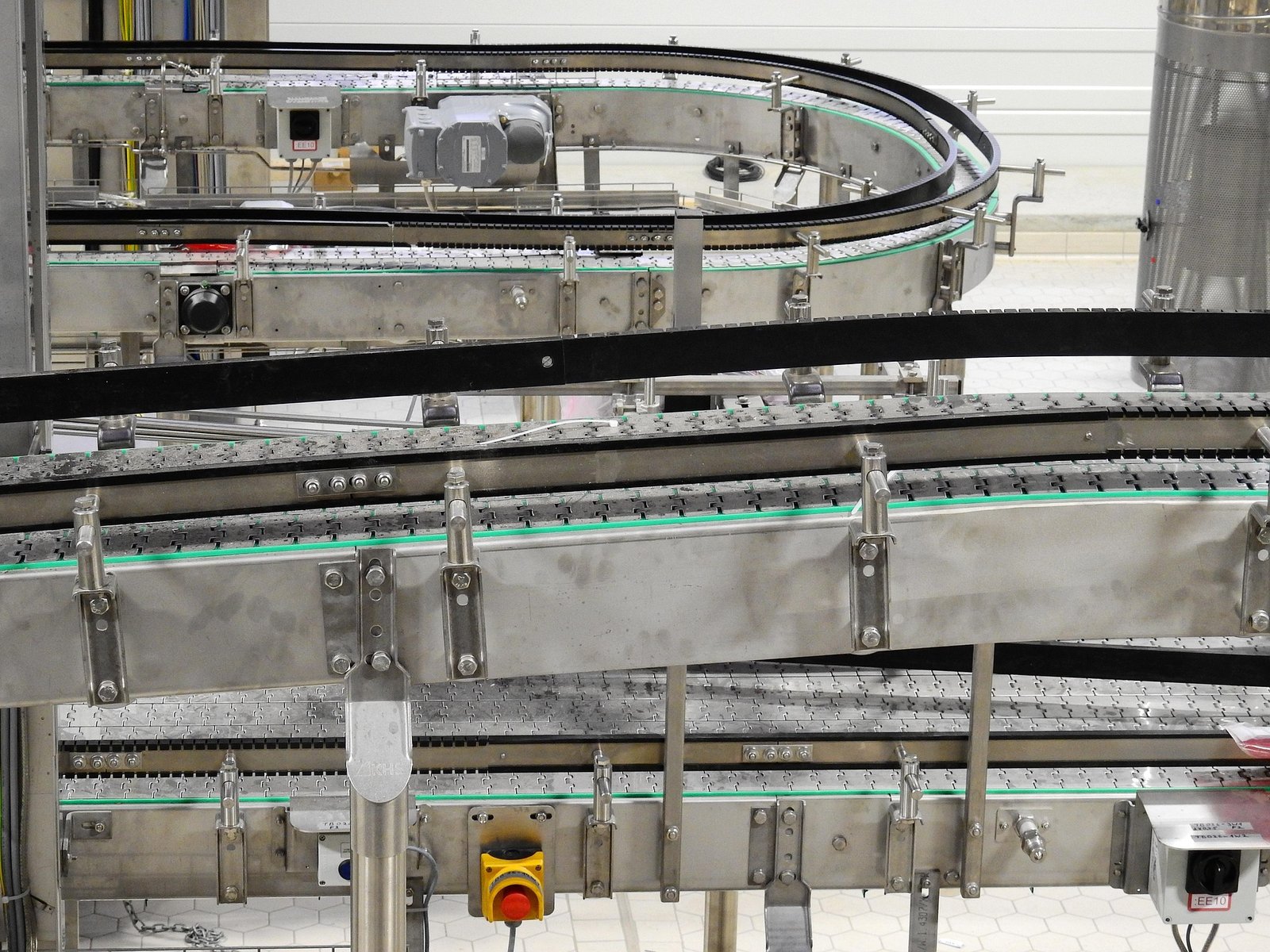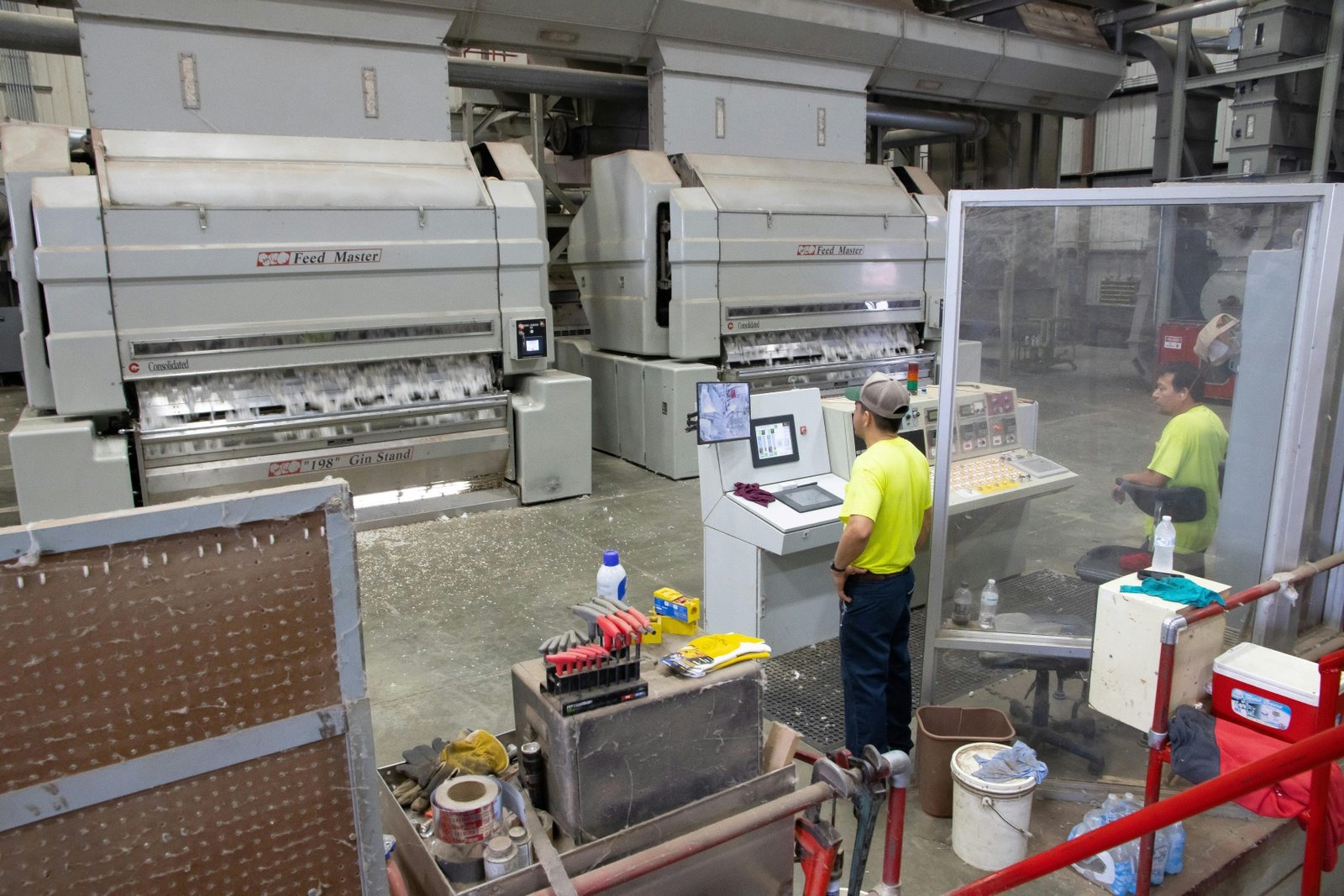How Do You Involve Non-Technical Staff in HACCP Effectively?
You don’t need a science degree to support food safety — but you do need the right mindset, training, and communication.
HACCP (Hazard Analysis and Critical Control Points) isn’t just for QA or food safety managers.
To succeed in audits and daily operations, your non-technical staff — line operators, packers, warehouse teams, cleaners — must be actively involved.
So how do you engage them effectively?
✅ Why Non-Technical Staff Play a Critical Role in HACCP
-
They are your first line of defense against contamination and quality issues
-
Often handle:
-
Raw material checks
-
Cleaning & sanitation tasks
-
Monitoring CCPs (like temperature or metal detection)
-
-
Auditors will ask operators about:
-
HACCP procedures
-
CCP monitoring logs
-
Corrective actions taken
-
If they’re unaware or unsure — ❌ That’s a GMP or HACCP non-conformance.
🔍 Common Challenges in Involving Non-Technical Staff
-
HACCP terms sound too scientific or abstract
-
Training is one-way, too theoretical, or rushed
-
Language barriers (e.g., not explained in Bahasa Malaysia or native dialect)
-
No clear link between their tasks and food safety goals
-
Managers assume: “They don’t need to know everything — just follow SOPs”
🛠 How to Involve Non-Technical Staff in HACCP Effectively
1. Simplify the Language
-
Replace terms like “biological hazard” with “germs” or “bacteria”
-
Use visuals to show:
-
“What can go wrong”
-
“How your job prevents it”
-
-
Translate key training into Bahasa Malaysia or other commonly spoken languages
2. Tailor the Training by Role
-
Focus only on relevant HACCP steps for their daily tasks
-
Example:
-
Packers = hygiene, glove use, product inspection
-
Operators = CCP checks, temperature control
-
Cleaners = sanitation chemical use and timing
-
3. Use Real Examples from Your Factory
-
Share past issues (foreign object, incorrect label, hygiene lapse)
-
Explain how better staff awareness could have prevented them
4. Make Training Interactive
-
Use:
-
Simple quizzes or games
-
Visual inspections or role plays
-
Group discussions on “what would you do if…”
-
5. Involve Line Leaders as HACCP Advocates
-
Train supervisors to:
-
Reinforce HACCP during daily briefings
-
Monitor for bad practices and retrain quickly
-
Serve as the link between QA and operations
-
6. Create Simple Visual SOPs
-
Post at workstations:
-
Illustrated handwashing steps
-
How to reject damaged packaging
-
How to log CCP checks correctly
-
7. Recognize Good Practice
-
Reward teams or individuals who:
-
Identify food safety risks
-
Follow CCP procedures well
-
Speak up during non-conformances
-
💬 Key Topics Non-Technical Staff Should Understand
-
What HACCP is (in simple terms)
-
Why personal hygiene matters
-
What is a Critical Control Point (CCP)
-
How to record CCP monitoring correctly
-
What to do if there’s a problem or deviation
-
Why documentation must be done immediately and honestly
🧠 Pro Tip: Focus on “Why”, Not Just “How”
Non-technical staff are more likely to follow HACCP steps correctly and consistently when they understand why it matters.
-
Not just “wear gloves”
→ but “so you don’t spread germs from raw to ready-to-eat areas” -
Not just “record temperature”
→ but “to ensure bacteria can’t survive in undercooked food”
📌 Final Thoughts
HACCP works best when everyone in the factory — not just the QA team — understands their role.
Ask yourself:
✅ Can your line staff explain what CCP they monitor?
✅ Do your packers know how to spot packaging issues?
✅ Are your cleaners trained to sanitize critical areas properly?
If not, it’s time to bring HACCP down to the production floor — in simple, clear, and practical ways.
💼 Need help with HACCP training or SOP development for factory floor teams?
At CAYS Scientific, we specialize in custom HACCP programs for Malaysian SMEs — including:
✔️ Operator-focused training in English & Bahasa
✔️ Visual SOP development
✔️ On-site coaching for production, packing & sanitation teams
📞 Let’s make food safety a factory-wide responsibility — and get everyone audit-ready.




